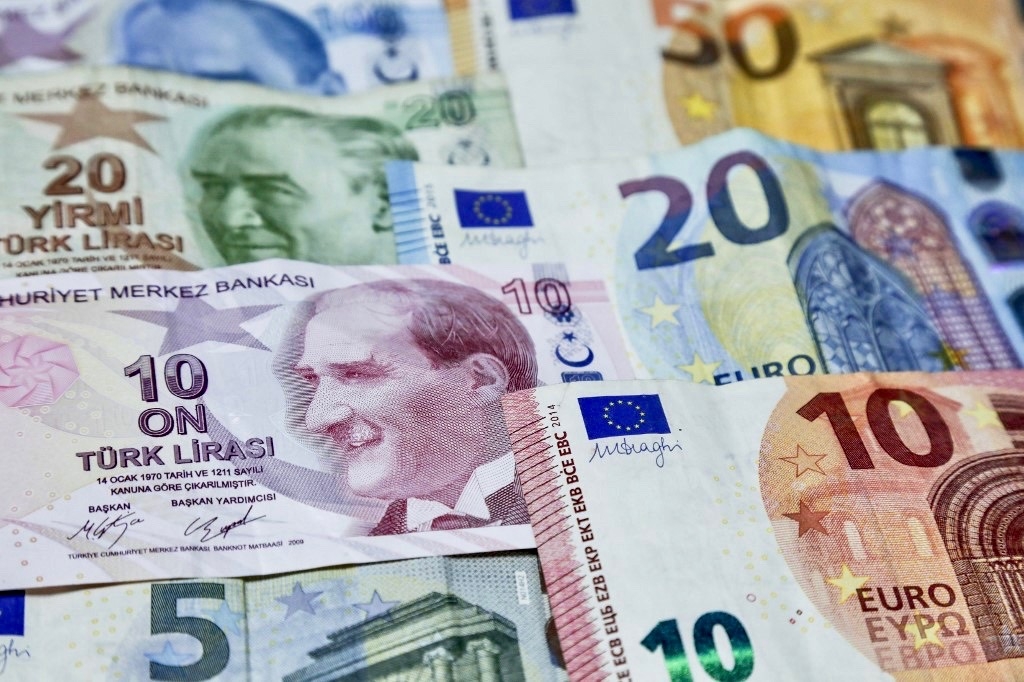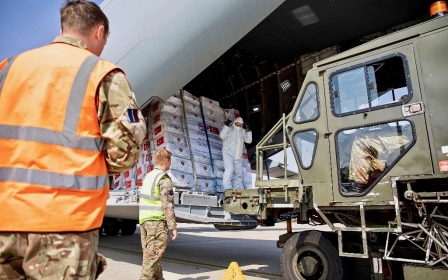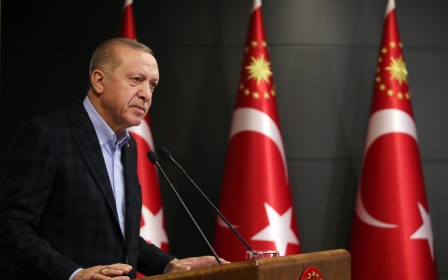Turkey says it is not planning to make deal with IMF

Turkey is not planning to make an agreement with the International Monetary Fund, a presidential spokesman said on Sunday, as the country eyes funding options to cushion the economic impact of the coronavirus outbreak.
On Friday, Reuters cited officials as saying Turkey had held talks with the United States about securing a swap line from the Federal Reserve, as well as other funding options. Bloomberg reported that Turkish authorities have also been talking to other G-20 central banks to be included in arrangements that allow monetary authorities to exchange currencies.
“We do not have IMF on our agenda...Turkey does not have an agenda of making a new deal with the IMF, no credit or a new standby agreement,” spokesman Ibrahim Kalin told private broadcaster CNN Turk in an interview.
Asked about criticism of the IMF by Turkey's President Recep Tayyip Erdogan, its Managing Director Kristalian Georgieva said on Thursday: “We actually have very constructive engagement with the whole membership, including with Turkey... We are there for all our members.”
The last time the IMF bailed out Turkey, in 2001, a whole generation of Turkey’s political leaders lost power and paved the way for Erdogan’s ascent. Seeking an IMF bailout would be a reversal for Erdogan, who has repeatedly said that Turkey has “closed that chapter”, Bloomberg reported.
New MEE newsletter: Jerusalem Dispatch
Sign up to get the latest insights and analysis on Israel-Palestine, alongside Turkey Unpacked and other MEE newsletters
Still, Turkey’s reserves, which were already considered inadequate before the crisis, have fallen further in recent weeks. Gross foreign currency reserves, including gold, stood at $89.6bn at the start of April. That compares with $172bn of debt payments that come due in the next 12 months, according to the Financial Times.
Turkey’s death toll from Covid-19 has risen to 1,198, with 56,956 confirmed cases as of Sunday.
Middle East Eye delivers independent and unrivalled coverage and analysis of the Middle East, North Africa and beyond. To learn more about republishing this content and the associated fees, please fill out this form. More about MEE can be found here.




